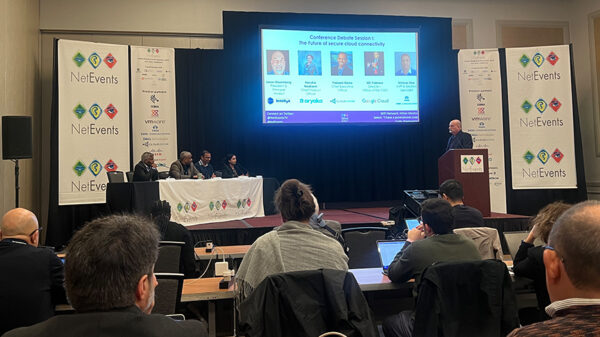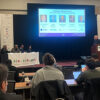Smart city projects launched across the globe are driving the creation of new sources and types of data as well as enabling technologies and ways of consuming data. These factors are boosting the prospects of ICT providers that offer big data analytics software, open data platforms, cloud computing, and broadband connectivity services.
Recent analysis from Frost & Sullivan, The Role of ICT in Building Smart Cities – Infrastructure, focuses on the ICT investment outlook in the smart energy, transportation, and water segments. Smart energy and transportation are currently top research priorities, and thus will prove to be the main growth areas for ICT providers.
“Smart transportation is receiving the most attention in cities across the globe and hence opening up the maximum opportunities for ICT providers,” noted Frost & Sullivan Information & Communication Technologies Research Analyst Ewa Tajer. “ICT providers should particularly tap the large European cities, where numerous tenders for intelligent transportation systems (ITS) are being issued and novel functionalities are expected to be introduced to reduce traffic congestion, noise and pollution.”
The smart energy segment – presently in an early development stage as energy companies look to build a business case for smart grids – is also heightening the demand for ICT. In fact, the smart energy market value is likely to exceed the smart transportation market value by 15 to 20 percent in 2020.
Unlike the smart transportation and energy segments, there are limited opportunities for ICT providers in the smart water segment due to a lack of proper standards, poor regulatory support, and inadequate project financing extended by authorities in most countries. Hopefully, this will change over time as new funding schemes prompt water companies to invest in smart water technologies that significantly will reduce operational costs.
Another set-back for ICT providers is the fragmented implementation of smart city projects as a result of poor cross-sector coordination and cooperation between different stakeholders. Other restraints are unwillingness of some stakeholders to test new technologies, the limited involvement of local authorities and the lack of a holistic vision when deploying smart technologies.
“ICT providers, acting as trusted advisors, should work with city stakeholders to help create a robust smart city vision and implementation plan that will ensure a key role for them in regions looking to build a more sustainable future,” concluded Tajer.


















































































































